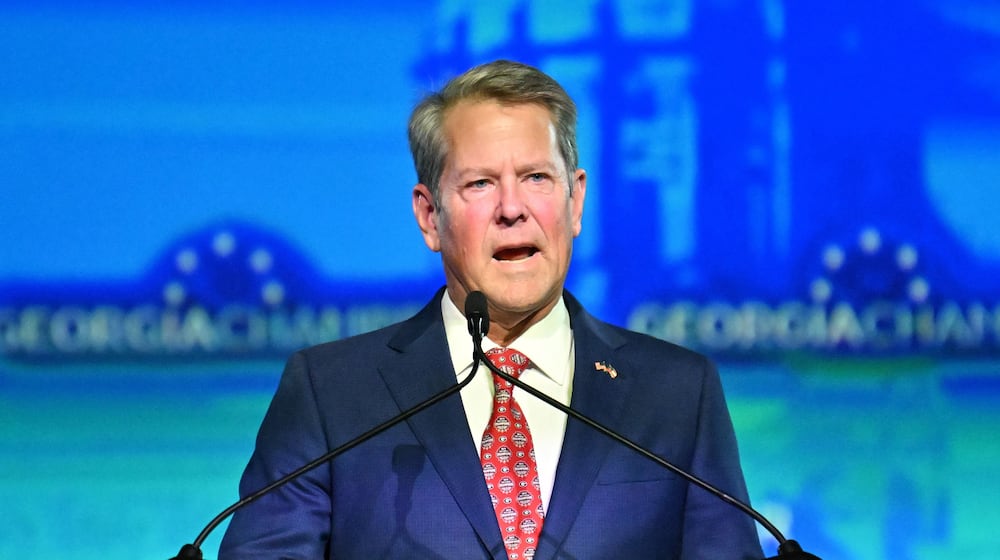Teachers, state employees and retirees on the State Health Benefit Plan are likely to see relatively stable insurance premiums again next year, the head of Georgia’s Department of Community Health said Wednesday.
If that happens, it would mark the second consecutive year of little or no premium hikes for many of the plan's 650,000 members.
DCH Commissioner Clyde Reese told The Atlanta Journal-Constitution that final rates for the $3 billion program have not been calculated.
But he added, “We are going to try to hold (rates) steady, as we did in 2016.”
Because the state is hoping to add an additional Medicare Advantage plan for retirees — increasing competition for the business — Reese said rates for retirees may go down in 2017.
That’s good news for a group of employees and retirees who have been hoping to see a continuation of both premium and coverage stability after a few years of turmoil.
It also comes at a time when Reese and the DCH are looking for ways to cut costs to eliminate a projected deficit in 2018 and, potentially, beyond.
The state had projected earlier and bigger shortfalls for the plan, but payouts for medical care were less than expected last year.
John Palmer, a Cobb County school band director and spokesman for the teacher, employee and retiree activist group TRAGIC, was happy to hear the news about premiums.
“After decades of premium hikes, combined with pay freezes and furloughs, members will be relieved to know premiums will not rise in 2017, and that they will continue to have options in their insurance plans,” Palmer said.
But he added that there remains concern among plan members that out-of-pocket expenses continue to rise.
And he added, “While premiums may not be rising for teachers and state employees, the state has shifted the full cost of health insurance for noncertified employees to the local school districts.”
The DCH and lawmakers say teachers, state employees and retirees on the plan have long subsidized coverage for such staffers.
But teachers say insurance for such workers is vital to help keep low-paid but important employees on the job. And they say the increased costs have proved to be a hardship for some school districts at a time when Gov. Nathan Deal and the General Assembly have publicly touted increased funding for public schools.
About the Author




